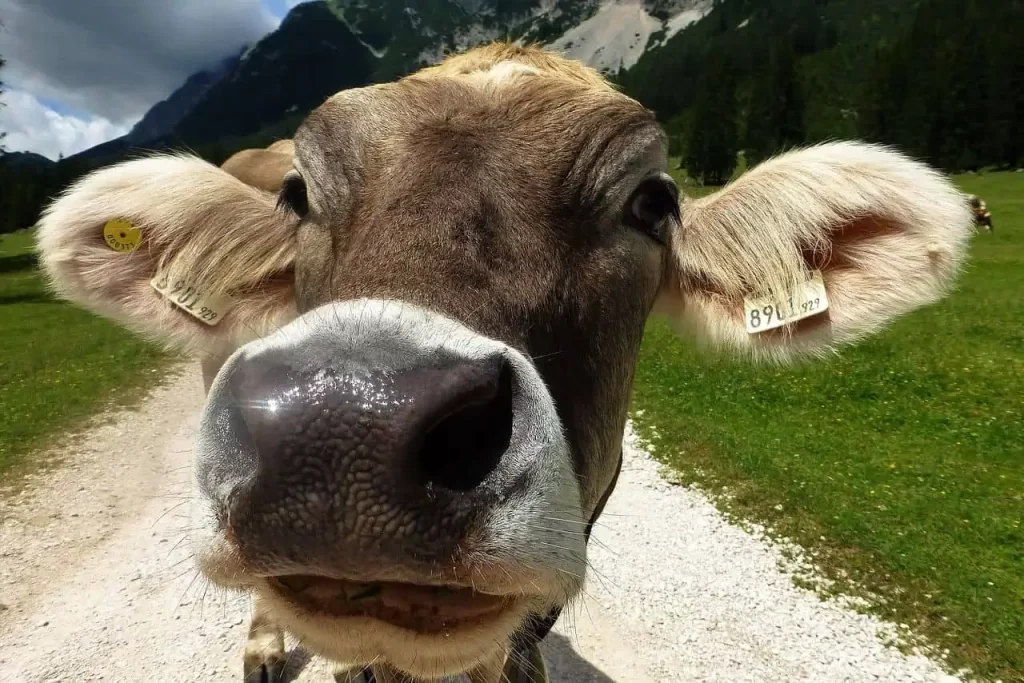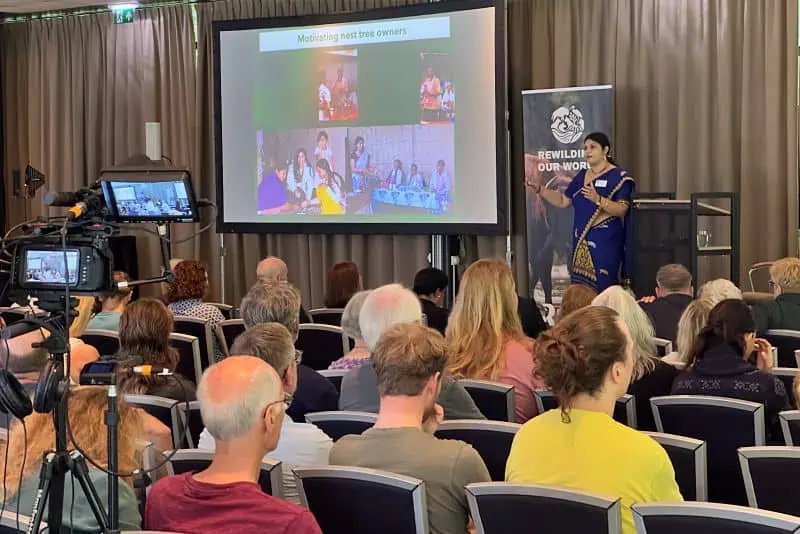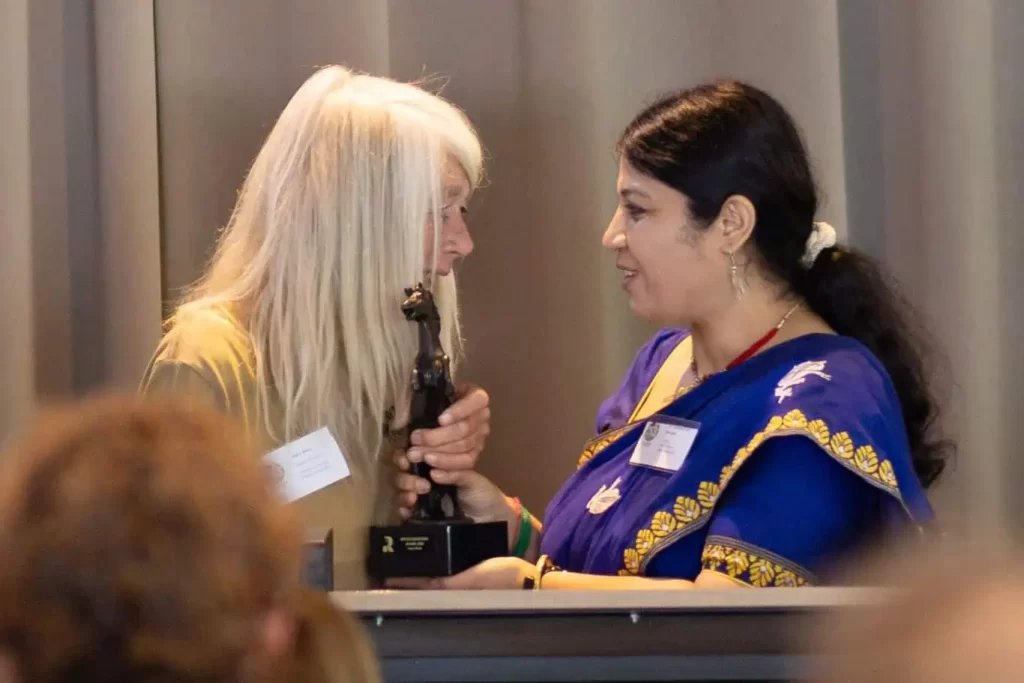Share:
Wolves, Us, and the Wisdom of Belonging: Ubuntu in the Dutch Wilderness
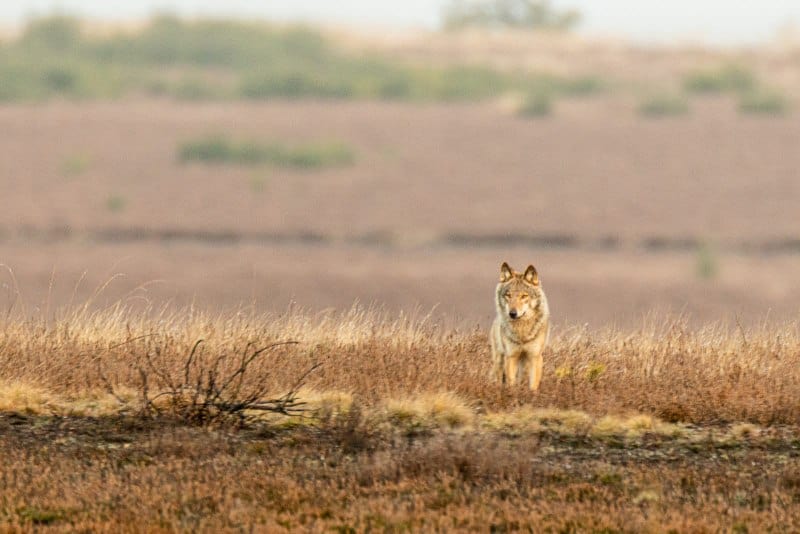
Shedding New Light on Old Stories
The return of the wolf to the Netherlands evokes powerful reactions—ranging from fear and awe to public debate and protest. This iconic species divides opinion. But what if we shift our perspective? What if we stop seeing the wolf merely as a predator or symbol, and begin to view it as a member of a broader community of which we are also a part? In her fascinating Master’s thesis, environmental scientist Sterre Broens explores how the African philosophy of Ubuntu can open new ways of thinking about nature, coexistence, and the narratives we use to understand them.
Ubuntu: I Am Because We Are
Ubuntu is a philosophy of interconnectedness, rooted in Southern African traditions. It holds that a person becomes a person through their relationships with others—not only fellow humans, but also animals, ancestors, and future generations. It emphasizes ethical responsibility, mutual care, and the pursuit of harmony within a shared community. In contrast to dominant Western frameworks that often separate or oppose humans and nature, Ubuntu views all living beings as morally significant members of a common world.
In the context of the wolf debate, Ubuntu offers a refreshing lens. Instead of asking, “Should the wolf be here?” Ubuntu prompts the question, “How can we share this space justly?” Not as competitors in a struggle for control, but as members of an ethical-ecological community where mutual interests, relationships, and interdependence matter.
The Wolf as a Mirror of Society
In this debate, the wolf is more than an animal—it becomes a mirror reflecting deeper questions about our relationship with nature. Through Broens’ analysis of policy documents, interviews with shepherds, conservationists, experts, and engaged citizens, a rich variety of narratives emerges. Some focus on coexistence and balance, others on boundaries, livestock protection, or the preservation of vulnerable species.
What makes Ubuntu unique is that it does not take sides. Rather, it invites dialogue, empathy, and participation. Not to force consensus, but to foster understanding and co-created solutions—ones in which the voices of both humans and wolves, directly or indirectly, are heard.
From Polarisation to Connection
In today’s culture of polarisation—where opinions harden and nuance gets lost—Ubuntu offers an alternative. Not by avoiding conflict, but by rising above it. By treating disagreements as opportunities for shared learning and growth. This comes through clearly in the stories shared in the study: of shepherds deeply connected to the landscape, of people who continue to show compassion despite losing livestock, and of the importance of listening, even in disagreement.
Broens suggests that Ubuntu can help shape a new narrative: one that sees diversity not as a threat, but as a strength. One in which humans and nature are not opposing forces, but partners in the search for equilibrium.
An Ethics for the Future
Ubuntu is not a quick fix, but an invitation. A moral compass urging us to take our relationships—with each other, with animals, with the landscape—seriously. In a time of biodiversity loss and social division, this philosophy can help us cultivate a more caring, inclusive, and sustainable way of relating to the world around us.
The return of the wolf challenges us. But as Broens shows, Ubuntu offers not just answers—but directions. Directions that move us beyond coexistence, toward a renewed way of living with the natural world.
Ubuntu and the return of the wolves: diversifying human-nature narratives in the Netherlands
Thesis author: Sterre Broens
Supervisor: Dr.ir. Kris van Koppen
Examiner: Dr. Hilde Toonen
MSc Thesis Environmental Policy Group
Program: Governance of Sustainability Transformations
Wageningen University
Thesis code: ENP80436

